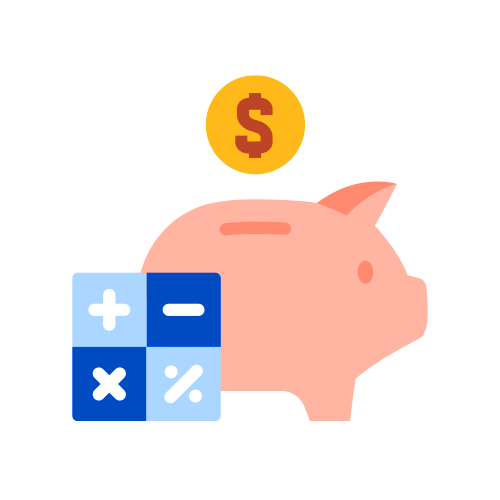Do I need to file a tax return?
Once you start earning above a certain threshold (which might be lower than you think), you’ll need to complete a self-assessment form. This can be a time-consuming process that requires navigating HMRC’s website and answering questions. Don’t worry as we’re here to guide you through it. Let’s first find out if need to file a tax return.
Do I need to file a tax return?
Once you start earning above a certain threshold (which might be lower than you think), you’ll need to complete a self-assessment form. This can be a time-consuming process that requires navigating HMRC’s website and answering questions. Don’t worry as we are here to guide you through it. Let’s first find out if you need to file a tax return.
How much do I need to earn to file a tax return?
If you earn £1,000 or more in untaxed income during a tax year (from April 6th to April 5th of the following year), you’ll need to complete a tax return.
This income could be on top of your regular salary or your main source of income. In any case, filing a tax return is a must.
Who has to file a tax return?
Anyone earning over £1,000 from untaxed income:
If that’s you, you need to register with HMRC.
What are the tax return deadlines?
This is the part where HMRC can start to get confusing. For example, if you earned £1,000 between 6th April 2024 and 5th April 2025:
5th October 2024
You’ll need to register for self-assessment by 5th October 2024.
31st October 2024
Submit your return by 31st October 2024 if you’re filing a paper return.
31st January 2025
Submit your return by 31st January 2025 if you’re filing online.
Settle the tax you owe by midnight on 31st January 2025.
31st July 2025
And possibly another payment by 31st July 2025.
How much do I have to pay?
Here’s where things start to get a bit more difficult. You only need to pay income tax once your earnings pass a certain amount.
Anything over these amounts incurs income tax at a certain percentage, but then there’s also National Insurance to think about.
So, to calculate how much you owe, you’ll need to tally up your earnings, deduct any allowable expenses, subtract your allowances, determine your tax band, and then figure out the percentage of the remaining amount that you owe…
It’s no surprise that so many people get someone else to do their tax returns for them.
Who can help me with my tax return?
Accountants are amazing when it comes to helping with tax returns. They know all the ins and outs of the allowances and rules and can handle your tax return quickly and efficiently.
However, they understand that tax returns can be intimidating for many people, so they’re ready to offer their support (for a fee, of course). Some accountants charge a monthly fee starting at around £100, while others might prefer a one-time annual fee of over £1,000.
Keep in mind that their fees often include VAT, so if you’re not VAT-registered, you’ll need to add an extra 20% to their charges.
Is there anyone who can help me with my tax return for less than a thousand pounds?
Absolutely! Penny Ledger simplifies the process of submitting your tax return, making it as easy as one, two, three.

Our accredited accountants take care of all the form-filling and double-check the calculations on your behalf.

Once you’re happy for us to proceed, we ensure your return is submitted to on time to HMRC, hassle-free.








